Pelham mayor promises to research ending nightly Boulevard closure at first public forum on police reform
Questions on race-based 911 calls, implicit bias training for officers, racial profiling in traffic stops
Village of Pelham Mayor Chance Mullen said Tuesday he would “assign someone to research” the options for ending the nighttime closure of Boulevard. He spoke during the first of three public forums on the village’s efforts to address racism in policing. Participants in the virtual forum also asked about race-based 911 calls, implicit bias training for officers and racial profiling in traffic stops.
Police Chief Jason Pallett supported the removal of the nightly barriers, as “most of our officers would love” to not have to put them up each night. The closure extends from Boulevard and Wolfs Lane to Boulevard and Ancon Avenue and runs from 11 p.m. to 7 a.m. nightly.
During the forum, Pelham Together Executer Director Laura Caruso asked what actions were being taken to address the “perception that Pelham is trying to keep Mount Vernon and New Rochelle away at those hours” with the closure.
Mullen said the closing of the street, which dates to the 1920s, sprung from concern at the time by Pelham Heights residents about nighttime traffic using the street to travel between Mount Vernon and New Rochelle. “That stretch of land would close every night, reason being at that point in history Mount Vernon and New Rochelle were predominantly white and were becoming cities,” he said. “Lots of folks in places like Pelham who were very nervous about all the traffic coming through” and were in favor of blocking part of the road off at night.
Mullen cited a report done by former Pelham Town Historian Blake Bell on the history of the closure. According the report, the village claimed in the early 1920s that since the street was closed at least once a year for sledding, Boulevard remained a private parkway from its earliest days as part of Pelham Heights, and was not a public road, so could be shut down.
The public forum was the first of three the Village of Pelham is holding. They comprise the second phase in the village’s process to comply with Gov. Andrew Cuomo’s executive order in June requiring all municipalities review their police departments because Cuomo concluded “that urgent and immediate action is needed to eliminate racial inequities in policing.” The order was in response to the killing of George Floyd by Minneapolis police and the protests that followed. In phase one, a community steering committee met in the summer and fall to create recommendations for the village board, which are summarized in a 44-page report containing 48 proposed steps.
In phase three, the village board will consider the recommendations and approve a police reform plan by March 31.
As part of the racial reckoning in New York State, Cuomo signed legislation prohibiting race-based 911 calls and designating them as a civil rights violation. Tahira McGhee asked during the forum how a 911 call can be determined to be race-based.
Pallett said that while he views this rule as a “step in the right direction,” the motivation behind calls is “very difficult to prove.”
“After April 1, once every village, city, police department and community has reform packages in, the state is going to look to see how we can move forward as law enforcement agencies and communities as a whole to respond to race-based reporting,” said Pallett.
In its report, the steering committee recommended periodic implicit bias training for all members of the Pelham police force. Pallett said that he aims to cycle all officers through such a course once the course is approved by the necessary insurance providers.
Shaun Eli asked how Pallett and other leaders on the force will make sure that the officers take the training seriously. Village Administrator Omar Small said in his experience with such training, the impact “has to do with the culture” on the force. Small said Pallett is taking the training “very seriously” and is working to convey the importance of the training to his officers.
When asked by Reverend Noel Vanek how the village will address racial profiling, specifically in the case of traffic stops, Pallett said officers will now be collecting the race of those involved in traffic stops. Pallett said all officers are required to keep a daily log of all initiated actions, which are submitted to be reviewed by their lieutenant and then by New York State. Mullen said that these logs are published annually.
McGhee wanted to know if such initiation statistics were observed and reported by a third party, or if the department was “grading (their) own homework.”
Mullen said, “Numbers are numbers. We do the reporting… The grading is done by the public.”
According to Pallett, “Overall, we were in really good shape before all this started.” He highlighted the fact that while Cuomo’s reforms include banning chokeholds, the village has had a ban on chokeholds for 20 years, and the holds have never been part of the Westchester County Police Academy curriculum.
“We’re doing really good in Pelham with crisis intervention training,” he said, as one of the recommendations made by the steering committee was to create a timeline for such training. Over one third of the force has been trained in crisis intervention, and part of this initiative includes the creation of a registry for all autistic residents of the village, in order to give officers a greater understanding of the circumstances in the case of a crisis situation involving an autistic person. The registry is being created in partnership with Project Community and will start Feb. 8. The chief said the village estimates the registry will include about 80 adults and juveniles.
Pallett and Sergeant Ryan Carden outlined the force’s use of force training, which includes discussions around policy review, conflict resolution and prevention, de-escalation and an officer’s duty to intervene if another member of the department uses excessive force. Carden said underscoring the duty to intervene is a “top priority” of the force, explaining that all officers have an obligation to intervene and report if they see another officer using excessive force.
Pallett said this concept acts as a “reverse system of the chain of command,” as this responsibility applies to reporting higher ranking officers as well.
All follow-up questions can be directed to Mullen and Pallett. The next public forum will be held on Feb. 11 at 7 p.m. via Zoom.
Zoe is a graduate of the Pelham Memorial High School class of 2021. Aside from her work at the Examiner, she competes in the high jump for the track and...
Georgia Russello is a graduate of Pelham Memorial High School's class of 2022. In addition to writing for the Examiner, she was a member of the Science...



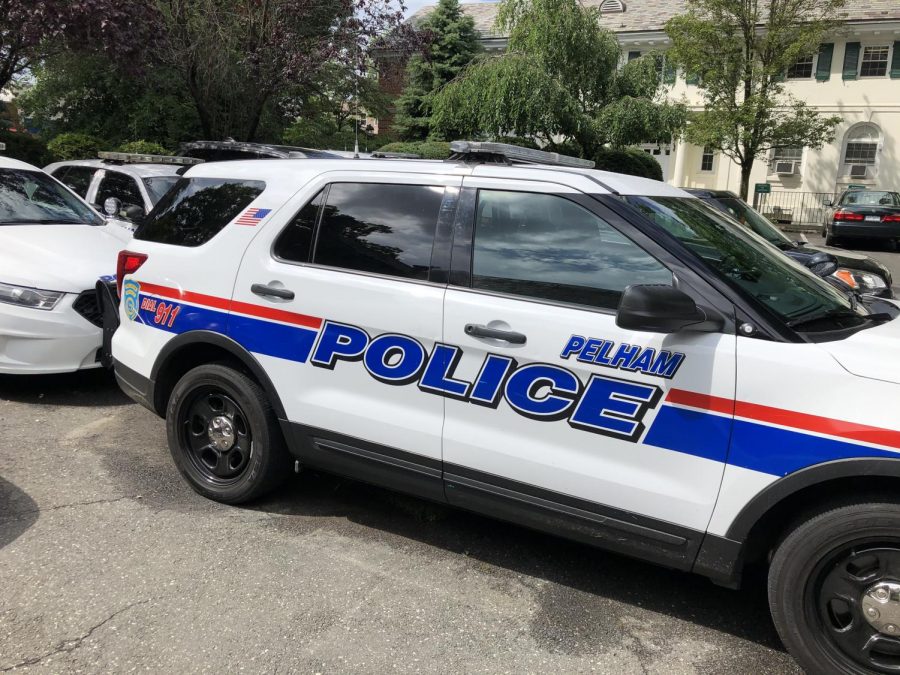
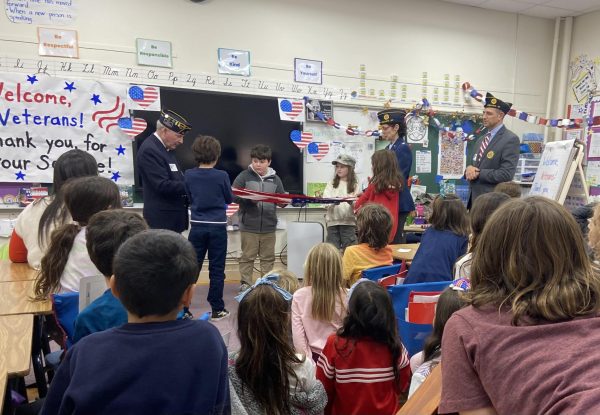
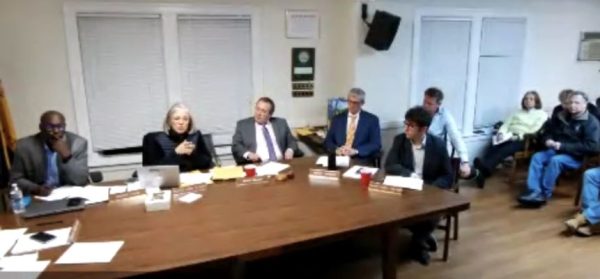
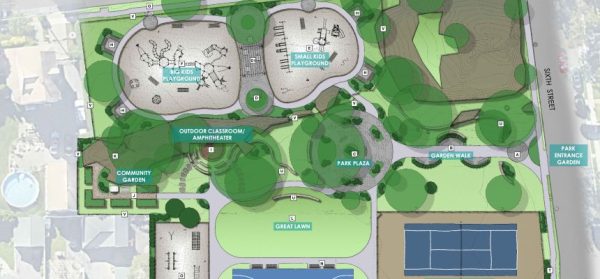
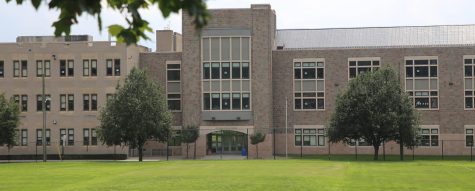
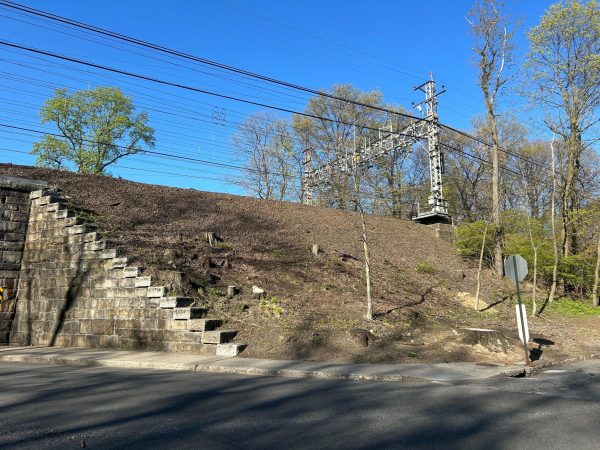
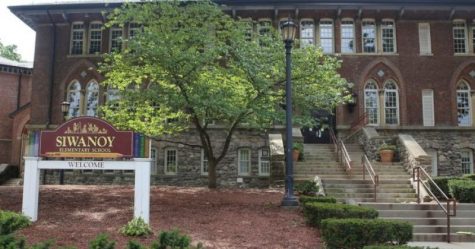
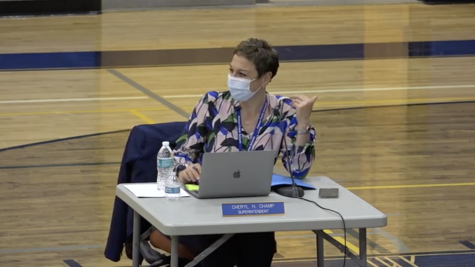
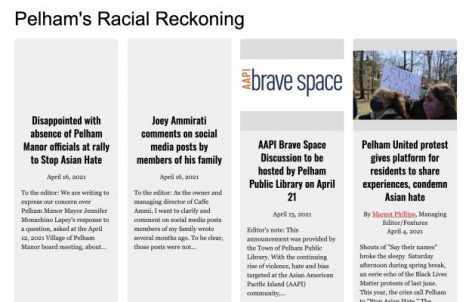
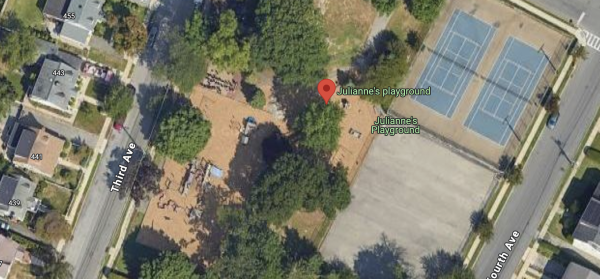
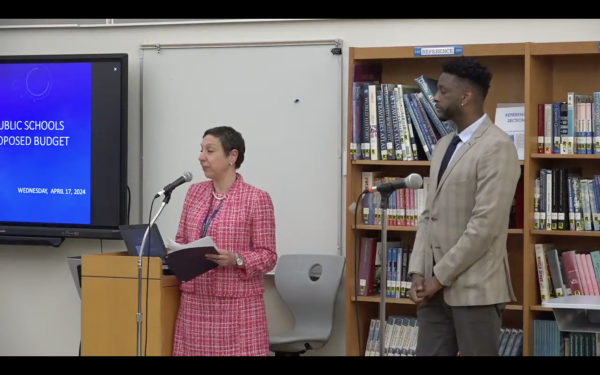
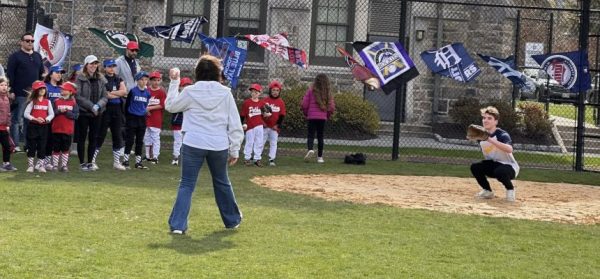
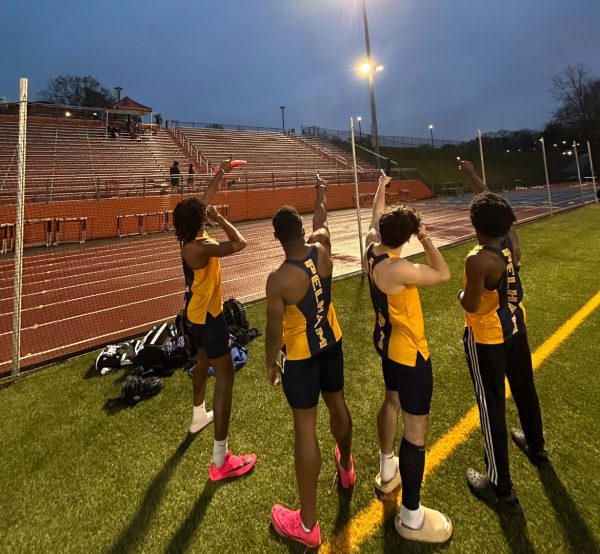
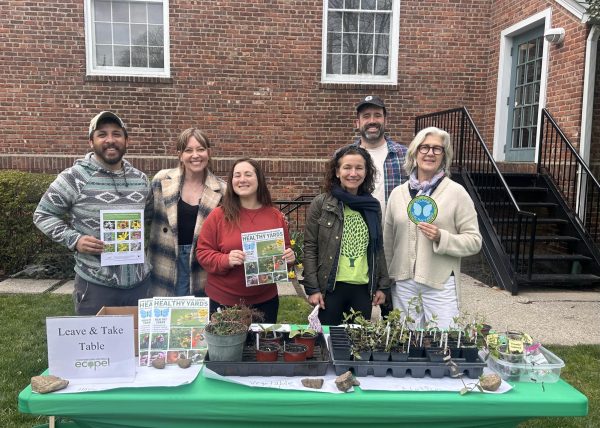
Arthur Long • Feb 4, 2021 at 6:29 pm
As someone who lives on Boulevard, the issue is entirely about noise and speeding. Because policing in Westchester County is expensive in terms of salary and pensions, there are fewer officers to enforce speeding throughout the Village. The result is that cars and pickups roar down Boulevard with little fear of ticketing. Large trucks, which are not permitted, are about the only things that do not evade law enforcement. In addition, Colonial Avenue runs very close to Boulevard and provides the same amount of access between Mount Vernon and New Rochelle 24 hours a day. The closure, as the Mayor notes, dates from the 1920s, at a time when there was no racial disparity between the adjoining towns, and I have certainly seen no racial animus in the area. Residents of New Rochelle and Mount Vernon walk, jog and bicycle up and down Boulevard on a daily basis, and I am happy to see them. There is, however, already too much CAR and TRUCK noise and speeding that the Police cannot prevent; the residents of the 1920s, when taxes were much lower, were prescient about that. And if moving a sign 1o feet at 6AM is a bother, I am happy to walk the half block on my side of Boulevard and do it myself; it will be a nice break from my day job.